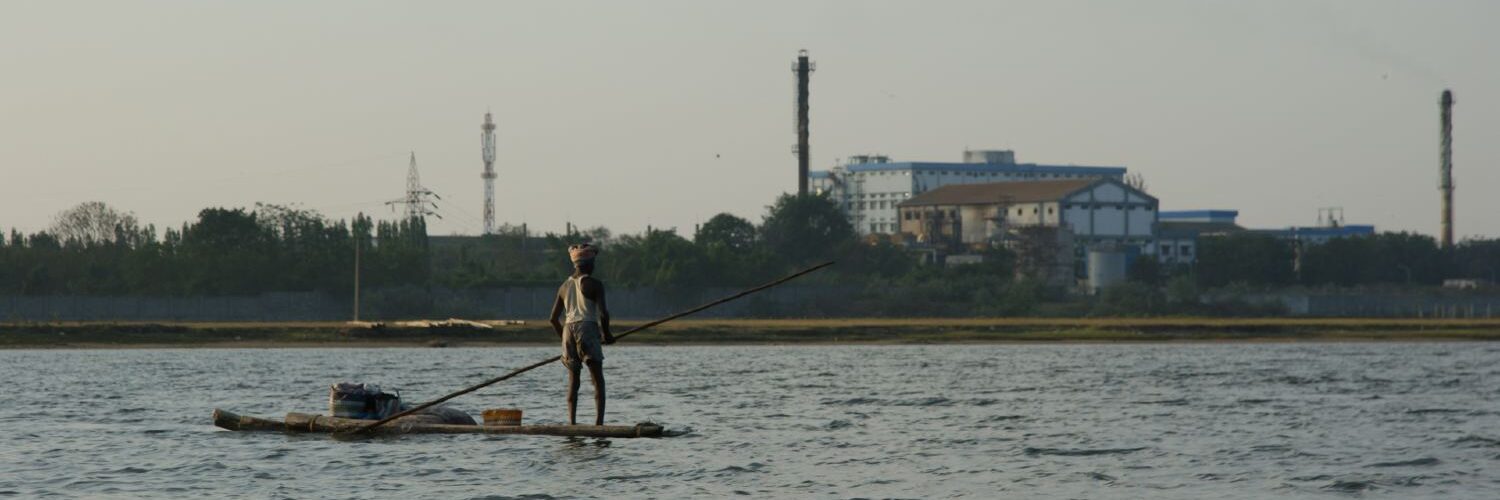Vibha Sharma
Tribune News Service
New Delhi, June 3
Indians are being exposed to dangerous levels of highly toxic gases, including carcinogenic organic compounds and sulphur fumes, everyday through the air they breathe even as the country continues to have “no standards for these chemicals found in ambient air”.
According to the Community Environment Monitoring (CEM) report “Smokescreen: ambient air quality in India” released today, the country is pathetically behind in terms of infrastructure to safeguard its environment or health of people from air pollution. Indias air pollution monitoring is primitive and the worlds fourth largest economy has no standards for some of the most toxic and commonly found air pollutants, says CEMs Shweta Narayan.
The air in India is unfit to breathe, the report has declared.
What’s more shocking is that the traffic junction at the ITO, now considered to be “comparatively safe” as far as air pollution levels are concerned, is one of the toxic hotspots of the nation with 18 chemicals, of which three are known to cause cancer, being found at the spot by the study conducted by the Chennai-based NGO.
The intersection recorded the cancer-causing benzene at 104 times higher than safe levels.
“Compared to 1997, carbonmonoxide levels are down 32 per cent and sulphur dioxide levels 39 percent. While the change is remarkable, it has also lulled regulators into complacency. The air has never been monitored for toxic gases and has therefore never been regulated for the same,” says the report, which the CEM claims is the first national air pollution study about Delhi.
The sample collected from near Hindustan Insecticides Ltd in Kerala was detected to have contained haxacholorobutadiene, an indication of dioxin one of the most poisonous chemicals known to science.
The study largely focussed on cities in the south, besides Mumbai. The chemicals found in ambient air over residential areas near industrial houses contained toxins that affect the human central nervous system, cardiovascular system and even the reproductive system
The samples were collected with the participation of the local community because the NGO says that the government refused to acknowledge the concern about pollution, saying that nothing could be done in the absence of standards.
